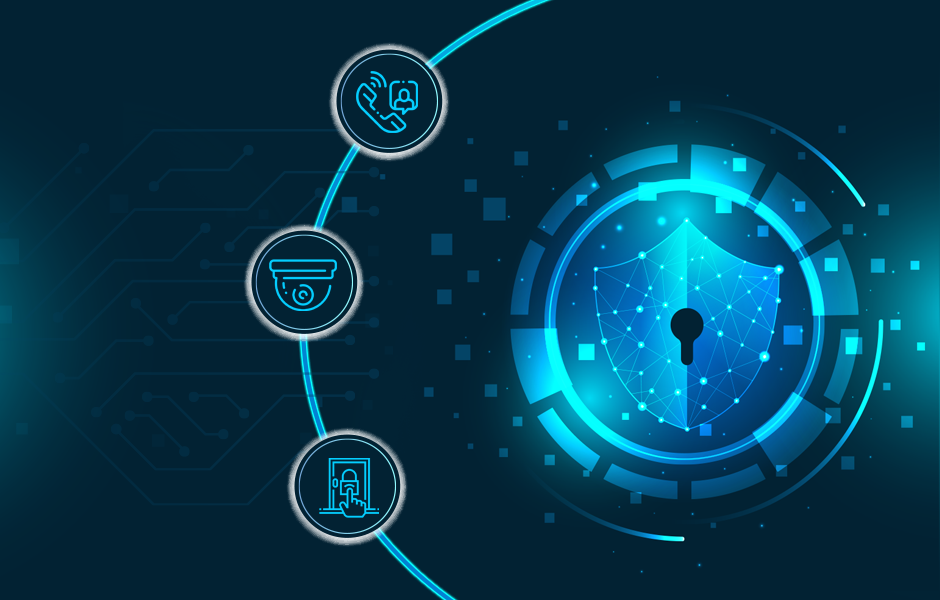Maintaining your security system is crucial to ensure it operates effectively and provides the highest level of protection. The frequency of maintenance can depend on several factors, including the type of security system, the environment it is used in, and the specific requirements of the system’s components.
Here’s a comprehensive guide to help you determine how often you should schedule maintenance for your security system:
1. Monthly Inspections
- Surveillance Cameras: Check all cameras for clear visibility, clean lenses, and ensure they are free from obstructions.
- Alarm Systems: Test alarm sensors and sirens to ensure they are working correctly.
- Access Control Systems: Verify that all entry points and access control devices are functioning properly.
2. Quarterly Maintenance
- Software Updates: Ensure that all software related to your security system, including control panels, surveillance software, and access control systems, is updated to the latest version to protect against vulnerabilities.
- Battery Checks: Test and, if necessary, replace the batteries in wireless devices and backup systems.
- System Backups: Perform full backups of system configurations and recorded data.
3. Biannual Maintenance
- Comprehensive System Testing: Conduct a thorough test of the entire security system, including all sensors, alarms, cameras, and control panels.
- Physical Inspection: Check for wear and tear on all physical components such as wires, mounts, and locks.
- Training and Updates: Provide refresher training for staff on how to use the security system and update any procedural changes.
4. Annual Maintenance
- Professional Inspection: Hire a certified security professional to perform an in-depth inspection and maintenance of your entire security system.
- Review Security Policies: Evaluate and update your security policies and procedures to ensure they are current with the latest security standards and practices.
- Evaluate System Performance: Assess the overall performance of your security system and make necessary upgrades or changes to enhance security.
Additional Considerations
- High-Risk Environments: If your security system is in a high-risk environment (e.g., a high-crime area, industrial sites), you might need more frequent maintenance checks.
- System Age: Older systems typically require more frequent maintenance to ensure they are functioning correctly and to replace outdated components.
- Manufacturer Recommendations: Always follow the manufacturer’s maintenance guidelines for your specific security system components.
Benefits of Regular Maintenance
- Enhanced Security: Regular maintenance ensures that your security system is always ready to respond to threats.
- Prolonged System Life: Proper upkeep can extend the life of your security system, saving you money on replacements.
- Compliance: Keeping your security system well-maintained helps ensure compliance with legal and insurance requirements.
- Peace of Mind: Knowing that your security system is regularly checked and maintained provides peace of mind.
In conclusion, the frequency of maintenance for your security system should be a balanced approach, considering the specific needs of your system, the environment it operates in, and adhering to manufacturer recommendations. Regular maintenance not only enhances the effectiveness and reliability of your security system but also provides a safer and more secure environment.






Comments